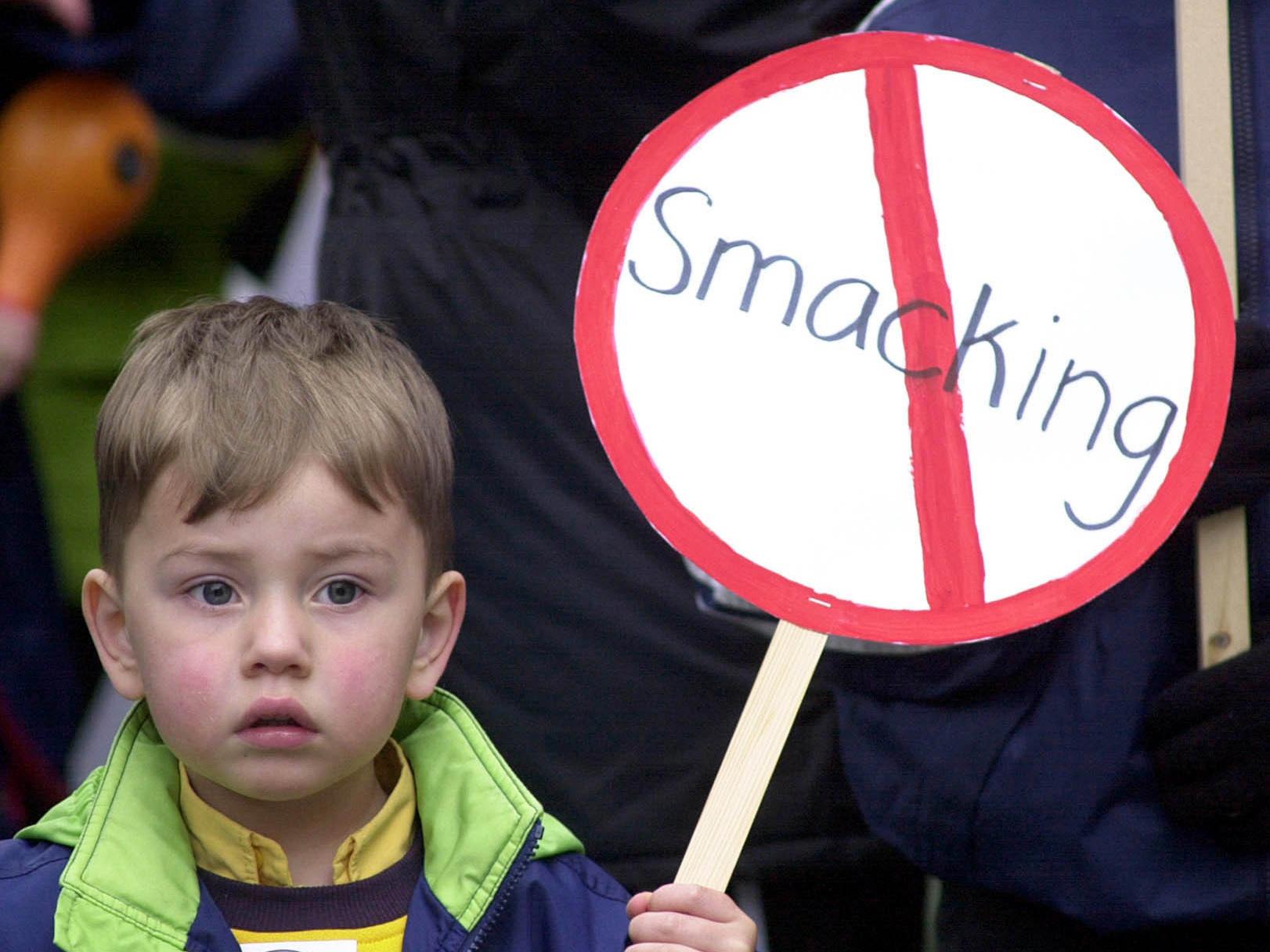Wales to ban smacking of children: ‘Times have changed’
‘There is no place in a modern society for the physical punishment of children,’ says first minister

Your support helps us to tell the story
From reproductive rights to climate change to Big Tech, The Independent is on the ground when the story is developing. Whether it's investigating the financials of Elon Musk's pro-Trump PAC or producing our latest documentary, 'The A Word', which shines a light on the American women fighting for reproductive rights, we know how important it is to parse out the facts from the messaging.
At such a critical moment in US history, we need reporters on the ground. Your donation allows us to keep sending journalists to speak to both sides of the story.
The Independent is trusted by Americans across the entire political spectrum. And unlike many other quality news outlets, we choose not to lock Americans out of our reporting and analysis with paywalls. We believe quality journalism should be available to everyone, paid for by those who can afford it.
Your support makes all the difference.Wales is to ban smacking after assembly members voted to join Scotland in outlawing the physical punishment of children.
First minister Mark Drakeford said “times have changed” and there was “no place in a modern society” for the use of force to discipline a child.
Welsh Assembly members voted 36 to 14 in the Senedd on Tuesday in favour of a bill tabled by the government, but opponents of the legislation warned it would criminalise parents and increase pressure on already-stretched social services.
The government promised an extensive awareness campaign before the law comes into force in 2022.
Mr Drakeford, the Welsh Labour leader, said: “I’m proud Wales has taken this step and once again put children’s rights at the heart of what we do here in Wales.
“Protecting children and giving them the best start in life should always be our priority.
“Times have changed and there is no place in a modern society for the physical punishment of children.”
The legislation will remove the common law defence of reasonable punishment which is currently available to parents or guardians accused of assault or battery against a child.
It is the first divergence of core criminal law between Wales and England, where parents will still legally be able to physically punish a child as long as it is deemed “reasonable”.
Scotland’s parliament voted to ban smacking in October, making it the first of the UK’s countries to take the step.
Welsh deputy health and social services minister Julie Morgan, who led the bill in the Senedd, said the law change would “help protect our children and future generations” and “bring clarity for parents, professionals and children”.
She added: “Physical punishment has no place here in Wales – there is no such thing as a loving smack and no justifiable reason for a big person to hit a little person.”
Professor Sally Holland, Children’s Commissioner for Wales, said she was “so pleased, delighted and proud” the country had joined 58 nations worldwide in giving children “the same protection from physical punishment that adults enjoy”.
But opponents of the ban warned it would do nothing to help children at risk of abuse and would have a “negative impact” on families.
Dr Ashley Frawley, a sociologist at Swansea University and spokeswoman for the Be Reasonable Wales campaign, said the smacking bill was “simply bad policy”.
She added: “It will result in highly negative intervention in good families, increased pressure on beleaguered social services departments and will do nothing to help children who are genuinely at risk of abuse.
“The government has chosen to ignore a plethora of concerns about this legislation. Sadly, it seems the negative impact of the smacking ban will only be realised when it has come into force.”
A letter from a group made sociologists, criminologists, child psychologists and parenting experts had earlier urged assembly members to oppose the law they called a “dangerous experiment”.
Welsh Conservative assembly member Janet Finch-Saunders claimed last year the ban could deter parents from England from holidaying in Wales.
She said: “I don’t want people to be thinking, ‘I’m not going to Wales as I’m unclear about the law and I can’t reasonably parent my children’.
“We don’t want reports of people coming on holiday to Llandudno and suddenly getting a knock on the door of their hotel, where somebody has accused them of smacking their child and they’re completely oblivious to this.”
But the Association of Educational Psychologists has previously called for a ban on smacking, which it said “can have negative long-term effects on a child’s development”.
Studies have linked corporal punishment of children to increased aggression and violence among teenagers.
Join our commenting forum
Join thought-provoking conversations, follow other Independent readers and see their replies
Comments